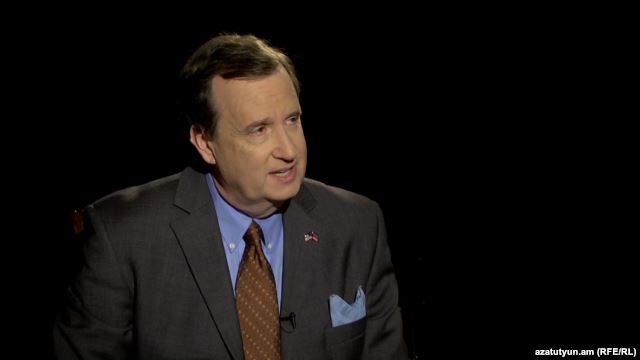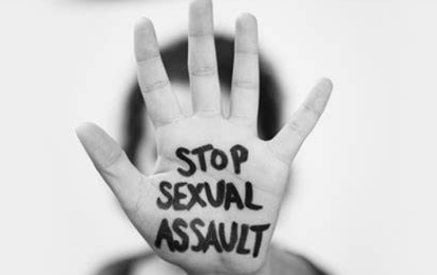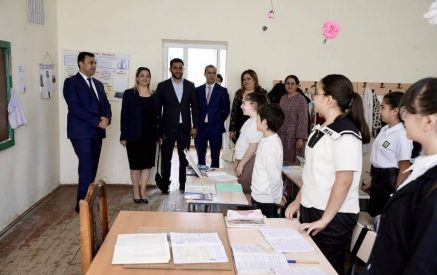As part of a month-long focus on human rights, U.S. Ambassador to Armenia Richard Mills, Jr., visited a residential care facility for children in Vanadzor. His trip was part of a larger tour of the Lori province, where he traveled to a number of organizations touching upon human rights.
In Vanadzor, Ambassador Mills toured the orphanage and talked with representatives from Armenia’s Ministry of Labor and Social Affairs (MLSA) and UNICEF. He also met with orphanage staff and the young residents, to get their views on the government of Armenia’s child welfare reform. They discussed prospects for transformation of the institution of orphanages in Armenia, and the challenges in reuniting children with their extended families.
“Children have human rights too, the right to proper care and support and love,” Ambassador Mills said. “Institutional care is not necessarily the best environment to provide such care. Plus it is costly for the state and breeds corruption, especially when financing of residential institutions is based on the number of children and not linked to the service provision or outcome.”
In October 2015, Armenia was designated as a priority country under the U.S. Government Action Plan on Children in Adversity (APCA). Such a designation allows in-depth support of child welfare reform efforts in Armenia. The Armenian government – supported by USAID, UNICEF, World Vision, Save the Children and Bridge of Hope – is working to improve care for at-risk youth in Armenia.
Read also
One goal they are working on is de-institutionalizing children. According to UNICEF, nearly 4,500 children live in 41 residential institutions — orphanages, night care institutions, and special educational facilities. Ninety-seven percent of the children living in institutions are children from socially vulnerable families, who have at least one living parent. At least two-thirds of children at special educational facilities do not have a certified disability, but are simply victims of poverty and social neglect.
“Due to the lack of alternative services, the existing child care system of Armenia encourages parents of disabled children, children with special educational needs, and economically disadvantaged families to send their children to institutions for temporary or often permanent care,” Ambassador Mills said. “And these children have the same human rights as children living with their families, or with extended family. Where we can, we must work together to protect the human rights of these children, the most vulnerable in society.”
Along with touring the Vanadzor Orphanage, the Ambassador’s trip to Lori included a meeting with representatives from Peace Dialogue NGO, which deals with human rights concerns coming from the Armenian military. He also met with U.S. Peace Corps volunteers working at the Orran Center, an organization helping at-risk youth and seniors through social services and educational programs. While there, he was interviewed by some of the student journalists learning their craft through the Orran Center’s programs.
“Many of our Peace Corps volunteers work in centers such as Orran, helping develop programs that aim to improve communities and lift people up,” Ambassador Mills said. “These Peace Corps volunteers embody the spirit of the Universal Declaration of Human Rights, by ensuring that all members of society get the education and support needed to become contributing, active members of society.”

























































